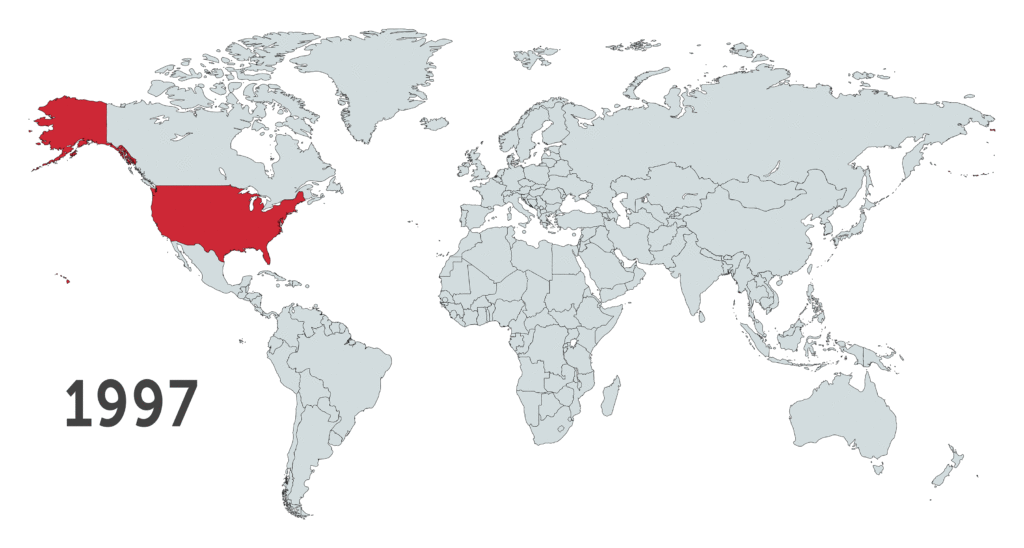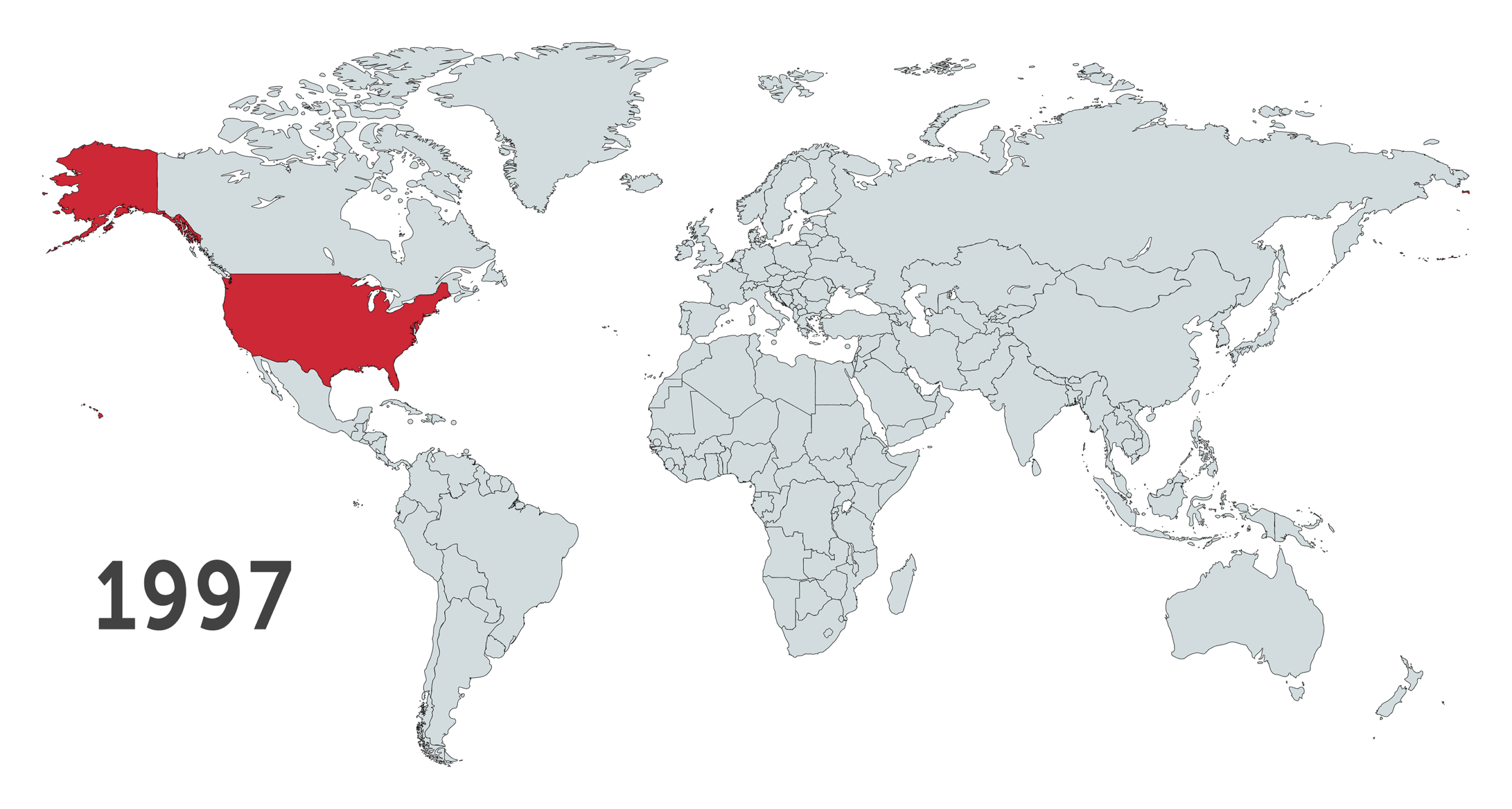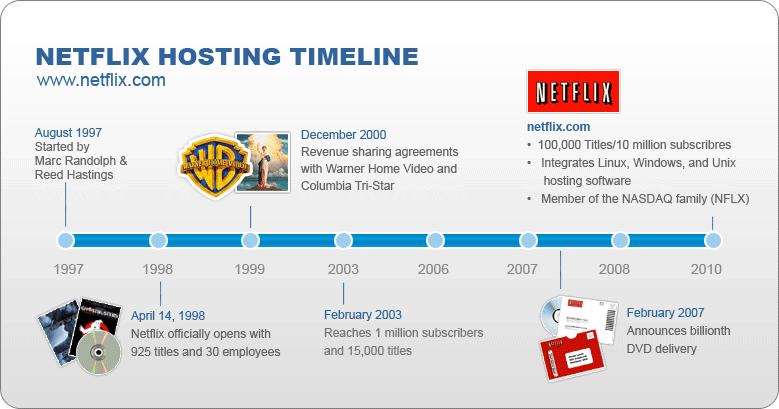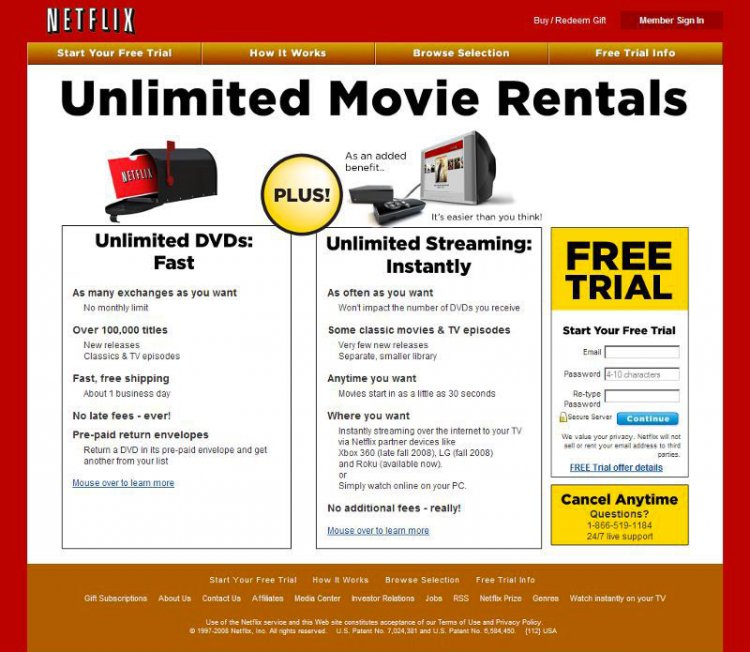
Mapbox upgrades its SDK for Unity to rival Google’s location-based gamification

A couple of months ago, when Google opened up its Maps API to let developers use real-world maps in their gaming universe, we were decidedly excited. But after the recent unexpected price explosion in the search engine giant’s Maps API products, it became evident that developers needed to decrease their dependency on Google.
Mapbox was one of the first companies to come to the community’s rescue then by offering its pay-as-you-go APIs for free till June 11 (the day Google’s insane 1,400% price hike goes into effect). And now, the mapping platform has stoked up its Maps SDK for Unity to rival Google’s AR (augmented reality) gamification.
The Maps SDK for Unity v1.4.2 update has simplified the way game developers can use location data to build levels, gameplay, and custom visualizations. Now, you will be able to use points-of-interest (POI) from all over the world directly by searching for and selecting them on the SDK’s map component, and trigger gameplay that’s unique to a specific location. Since these updates work out-of-the-box in Mapbox’s AR kit, you will also be able to spawn AR objects anywhere in the world.
In an example, Mapbox showed how developers can use the POI placement tool to turn Yosemite Valley in the United States into a sci-fi landscape, and also place an AR bio-dome at every campsite in the park. Check it out:

“We’ve made real-world POIs selectable and searchable from our SDK’s map component, making it easier to control where and how your assets appear in the world. For example, you can use prefabs with colliders to trigger events when users are near recreational areas using our POI data,” Jim Martin, a UX engineer at Mapbox explains. “Placing custom prefabs at POIs allows you to procedurally create any event at those locations.”
If you’ve been tinkering around with the new update, do tell us about your experience in the comments!








